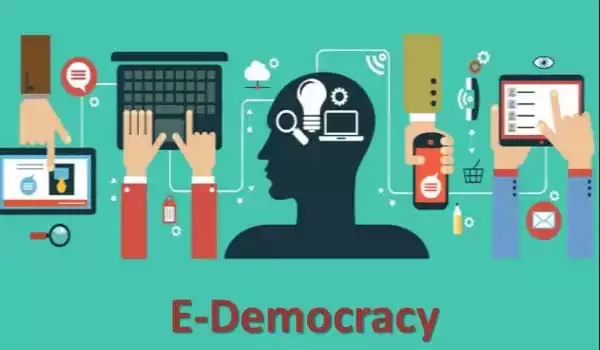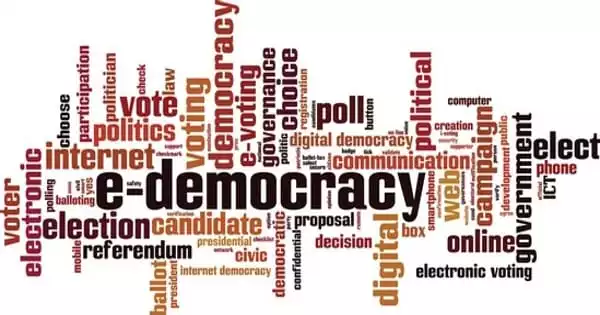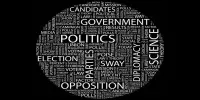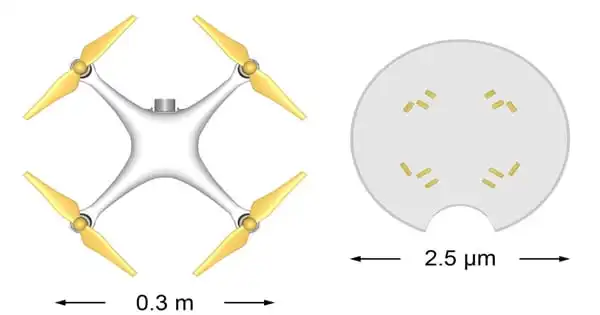E-democracy is the use of information and communication technology (ICT) in political and governance processes. It is also known as digital democracy or Internet democracy. It is the application of information and communication technologies to improve and, in some cases, replace representative democracy. Steven Clift, a digital activist, is thought to have coined the term. E-democracy uses information and communication technology from the twenty-first century to promote democracy; such technologies include civic technology and government technology.
E-democracy refers to the use of information and communications technology (ICT) to create channels for public consultation and participation, for example for elections, consultations or referendums.
E-Democracy is the intelligent application of digital tools to enhance and transform existing e-governance models and practices. ICT significantly improves the government’s transparency, responsiveness, and accountability while also providing citizens with an additional avenue for participation in political processes. As a result, better political decisions are made for the entire society. The opportunities and challenges of e-democracy are central to any discussion of modern participatory democracy and the future of democracy.

E-democracy refers to the social, economic, and cultural conditions that allow for the free and equal exercise of political self-determination. E-democracy theorists differ, but most believe that new forms of online communication can overcome some of the traditional limits to citizenship in contemporary liberal-democratic polities—problems of scale, scarcity of time, a decline of community, and lack of opportunities for policy deliberation. It is a form of government in which all adult citizens are presumed to be equally eligible to propose, develop, and create laws.
The Internet has several characteristics that encourage considering it as a democratic medium. Electronic voting should be done with a proper purpose in mind and with the goal of achieving a common constitutional goal in mind. Most importantly, greater democracy should help to outweigh the benefits of e-voting over traditional ballots. E-democracy would improve access to knowledge.
E-governance refers to the use of ICT to create communication channels that allow the inclusion of all stakeholders with a say in the policy-making process. This could be a consultation on whether a specific speed limit should be maintained. E-government is the use of information and communication technology (ICT) in the public sector, specifically to provide people with information and services electronically. This could be to allow them to pay their speeding ticket online, for example.
















